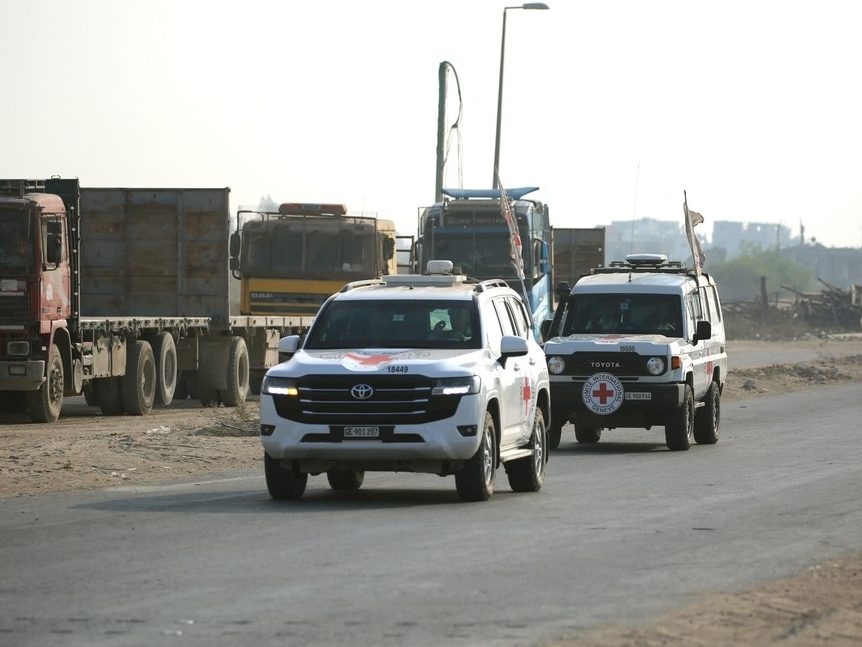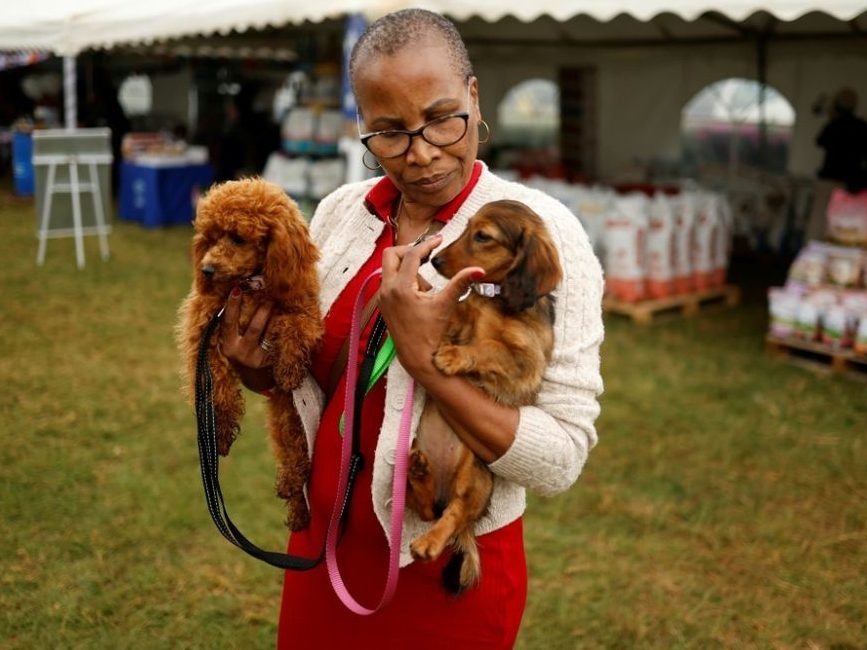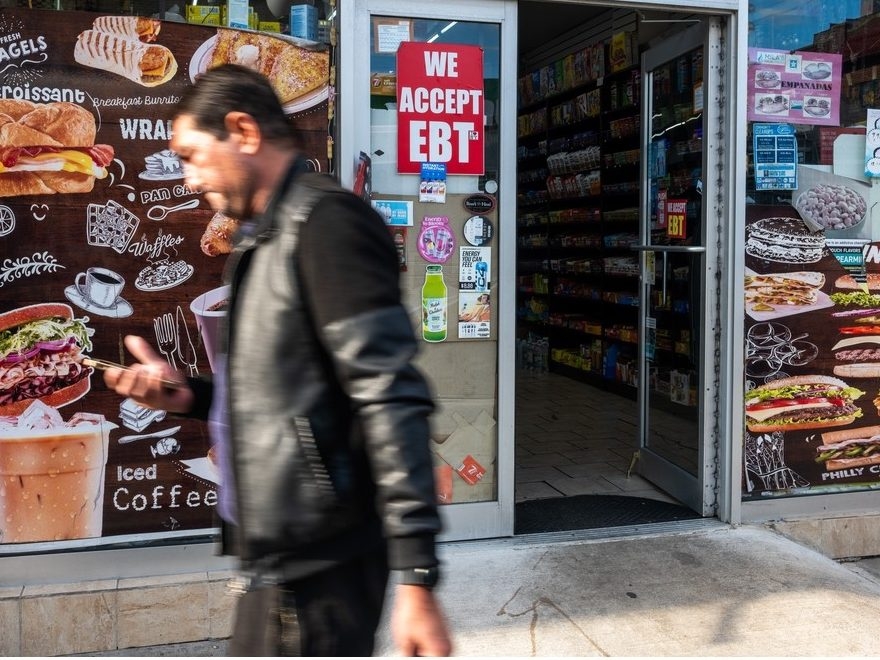After eleven years of agonizing uncertainty, a sliver of closure has arrived. The Red Cross received remains from Hamas, believed to be those of Israeli soldier Hadar Goldin, lost in the 2014 conflict. For over a decade, his family has lived with the haunting unknown, a void that has defined their lives.
Goldin disappeared during a brief ceasefire, just two hours after it took effect, ambushed in a tunnel beneath Rafah. Evidence quickly pointed to his death – a blood-soaked shirt, religious fringes – but without a body, hope, however fragile, persisted. His family endured a “pseudo-funeral,” a heartbreaking attempt to find solace in the face of unbearable ambiguity.
The return of these remains, if confirmed, would leave only four Israeli hostages unaccounted for in Gaza, a significant step in the ongoing, U.S.-brokered truce. For Prime Minister Netanyahu, it represents a solemn duty fulfilled, allowing a family to finally lay their son to rest with the dignity he deserves.

For years, the Goldin family relentlessly campaigned for their son’s return, joining forces with another family facing the same agonizing plight. Israel had previously recovered the remains of the other soldier earlier this year, offering a small measure of relief amidst the larger tragedy. The nation continues to seek the return of all its citizens held across enemy lines.
Whispers circulate that Hamas deliberately delayed the release, seeking concessions – safe passage for militants trapped in Rafah. However, officials insist Israel will not engage in further negotiations beyond the existing truce agreement, refusing to allow the process to be compromised.
This development unfolds against a backdrop of broader exchanges. Since the ceasefire began, militants have released the remains of twenty-three hostages. In return, Israel has released the remains of 300 Palestinians, 89 of whom have been identified. A grim accounting of a devastating conflict.
The war itself erupted with the brutal Hamas attack on October 7th, 2023, a day etched in trauma. Twelve hundred Israelis were killed, and 251 were taken hostage, plunging the nation into mourning and fueling the relentless military response. Gaza’s Health Ministry reports over 69,000 Palestinians have been killed, a staggering toll of human life.
Leah Goldin, Hadar’s mother, has spoken of the “knife constantly making new cuts” – the unending pain of not knowing. She believes returning her son’s body is not merely a matter of closure, but a fundamental ethical and religious obligation, a promise made to those who serve and sacrifice for their country.
In the immediate aftermath of the October 7th attacks, the Goldin family, paradoxically, found themselves marginalized. Their long-standing struggle was seen as a symbol of past failures, a painful reminder that not all hostages return. They were told, heartbreakingly, “we aren’t like you, our kids will come back soon.”
Despite this initial isolation, the Goldins channeled their grief into supporting the families of the newly abducted, offering what comfort they could to those navigating the same terrifying ordeal. Their journey, marked by years of relentless advocacy and profound sorrow, underscores the enduring human cost of conflict and the unwavering power of a mother’s love.





